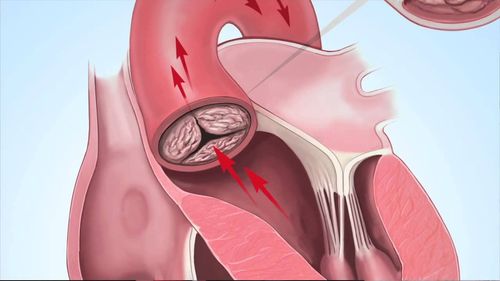Nội dung bạn đang tìm kiếm không có phiên bản tiếng Việt.
Vui lòng chọn tiếp tục để xem nội dung tiếng Anh hoặc đi đến trang chủ Tiếng Việt.
Rất xin lỗi về sự bất tiện này.
Cardiology

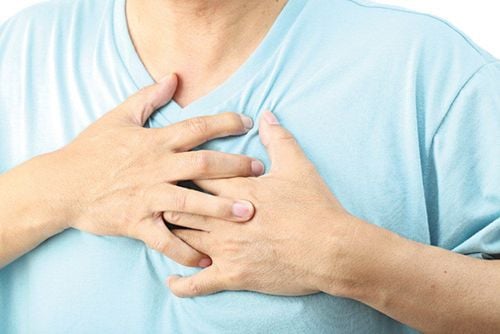
How to Handle Palpitations, Nervousness, and Trembling Hands
Palpitations, nervousness, and trembling hands are not only emotional responses but may also signal underlying health conditions such as cardiovascular diseases, hyperthyroidism, autonomic nervous system disorders, and more.
View more
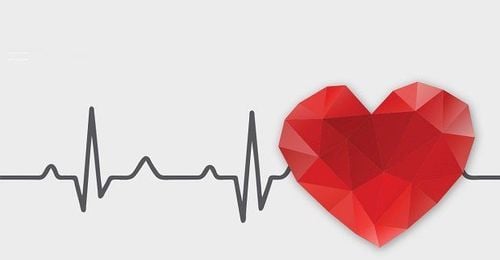
Is Slow Heart Rate and Low Blood Pressure Dangerous?
In the past, many people mistakenly believed that only a fast heart rate was a precursor to blood pressure issues. However, recent studies have shown that a slow heart rate and low blood pressure are closely related. In fact, people with low blood pressure and a slow heart rate may experience numerous health complications.
View more
Latest articles
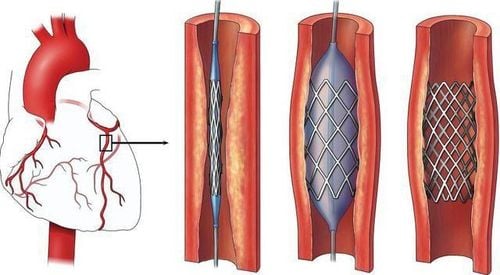
Lifespan of Coronary Stents
When one or more coronary arteries become narrowed or blocked, doctors perform percutaneous coronary intervention (PCI) with stent placement to restore blood flow. The procedure typically takes about an hour, and the patient remains awake under local anesthesia. After the procedure, patients can often be discharged within 1–2 days.
View more

I've had a coronary stent placement. Is it safe for me to fly
Air travel is a popular type of transportation, but not everyone is suitable for flying. Although airplanes are equipped with medical supplies and emergency equipment to handle health emergencies like shortness of breath, chest pain, heart attack, or fainting due to the body's inability to adapt to changes in altitude, there are limitations to these preparations.
View more
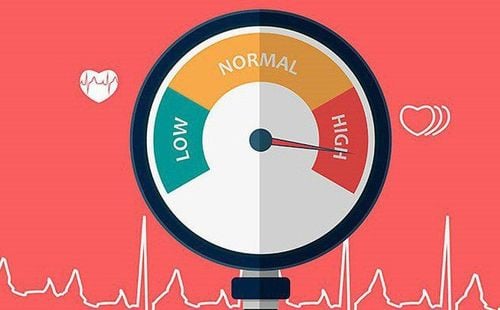
Postoperative Hypertension
All surgeries carry a certain degree of risk, even when all procedures are performed correctly. One common risk is postoperative hypertension. To better understand this condition, please read the following article.
View more

Low blood pressure after surgery
Any surgical procedure has potential risks during and after the operation. Postoperative hypotension is a problem that many people encounter. What causes this condition, and how can it be effectively managed?
View more
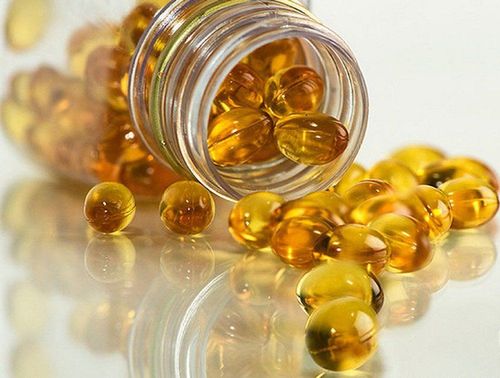
If I am taking thyroid and cardiac medication, can I take Omega 3 fish oil?
May I ask, my uncle is 50 years old, currently taking thyroid and cardiac medication, can he take Omega 3 fish oil at the same time? I hope the doctor can provide an answer soon. Thank you very much, doctor.
View more

Can People with High Blood Pressure Use Ginseng?
Many research studies have shown the role of ginseng in reducing the risk of cardiovascular disease and supporting blood pressure control. However, there are still many different views on the use of ginseng for people with high blood pressure, causing concern for patients.
View more

What should people with heart valve disease eat?
A healthy diet can help prevent cardiovascular complications and reduce the strain on the heart for individuals with mitral, tricuspid, aortic, or pulmonary valve regurgitation.
View more
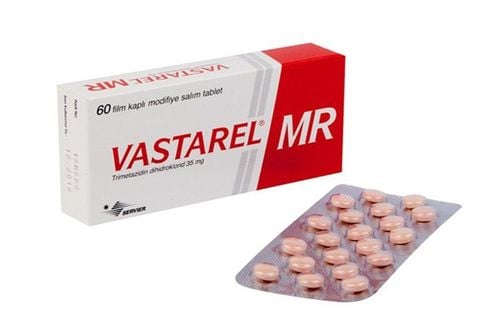
What to keep in mind when using Vastarel to treat coronary artery disease and ischemic heart disease?
Vastarel (trimetazidine) is an antianginal agent used in the preventive treatment of stable angina. However, the drug only works best when used as prescribed, taken at the right time, and in the correct dosage. Here are some notes when using the drug in the treatment of coronary artery disease to maximize effectiveness and avoid side effects.
View more
